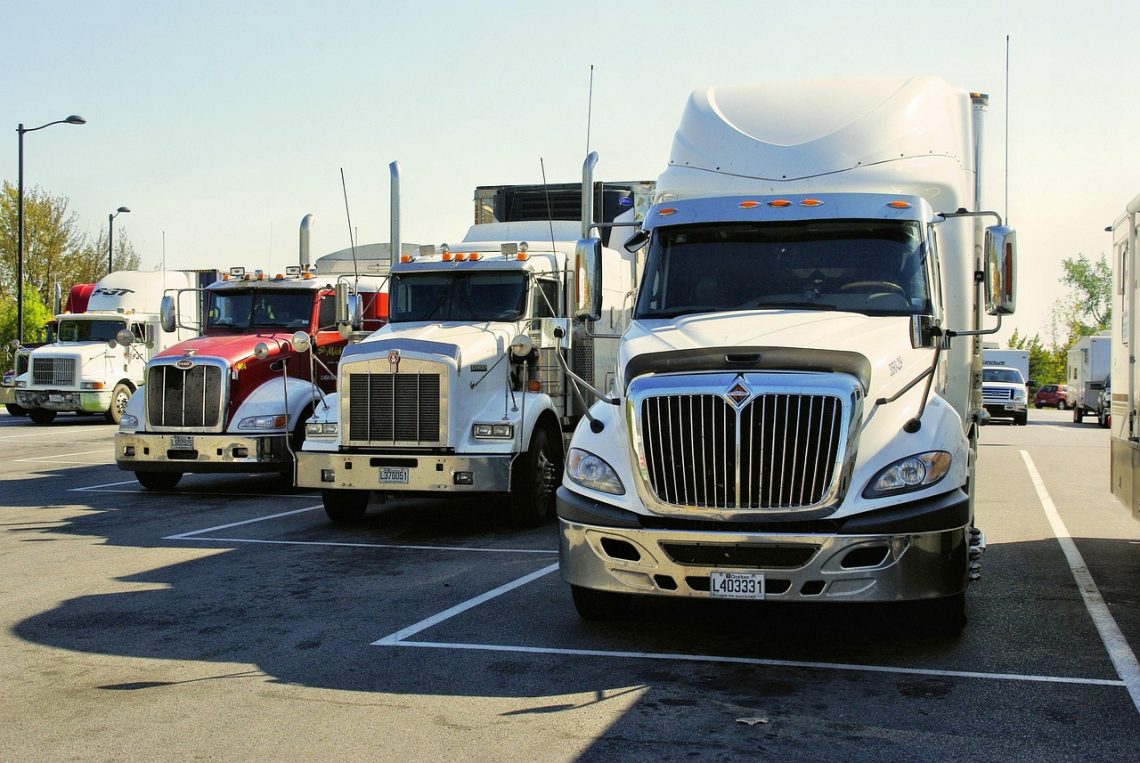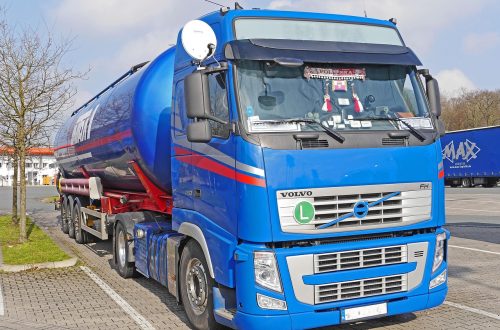A Heavy Goods Vehicle (HGV) license can open the door to a stable and rewarding career. For those living in Kent, the opportunities are particularly promising. The county’s strategic position makes it a vital hub for logistics and transport, creating strong demand for qualified drivers. This guide will walk you through everything you need to know about starting your HGV training in Kent.
Why Choose HGV Training in Kent?
Kent’s nickname, the “Garden of England,” hints at its role as a major producer of goods, but its real advantage lies in its location. With close proximity to London and direct links to mainland Europe via the Port of Dover and the Channel Tunnel, Kent is a critical artery for UK trade. This creates a constant need for skilled HGV drivers to move goods across the region and beyond. Training locally means you are well-placed to take advantage of these abundant job opportunities right on your doorstep.
If you’re planning to start a career as a professional driver, I recommend searching on Google using the keyword “hgv training Kent”.
Types of HGV Training Available
Before starting, it’s important to understand the different HGV licenses. The most common categories are Class 1 (Category C+E) and Class 2 (Category C). A Class 2 license allows you to drive a rigid vehicle over 3,500kg, which is often the first step for new drivers. To drive an articulated lorry—a vehicle with a separate cab and trailer—you will need a Class 1 license. Most training providers in Kent offer courses for both, allowing you to choose the path that best fits your career goals.
Finding the Right Training Provider
Selecting the right training school is a critical decision. Look for providers with a strong track record of success and positive reviews from former students. It is important to check that their pass rates are high and that they offer comprehensive support, from the initial medical and provisional application to the final practical test. A good provider will have modern vehicles and experienced instructors who can guide you through every stage of the process. Don’t hesitate to visit a few schools to compare their facilities and teaching styles.
What to Expect During Training
HGV training consists of both theoretical and practical components. The theory test, split into multiple-choice questions and hazard perception, assesses your knowledge of road safety and regulations. You will also need to complete the Certificate of Professional Competence (CPC) modules, which cover practical skills and knowledge. The practical training involves hands-on driving lessons where you will learn to manoeuvre the vehicle, reverse safely, and handle different road conditions. Your instructor will prepare you for the final driving test, which evaluates your ability to operate an HGV safely and competently.
Career Opportunities After Training
Once you have your HGV license, a wide range of career paths become available. You could work for a local haulage company, a national supermarket chain, or a specialised logistics firm. Roles can vary from making local deliveries to long-haul journeys across the country or into Europe. Many industries rely on HGV drivers, including construction, retail, and manufacturing, offering a variety of work environments and schedules. The demand for qualified drivers remains high, providing excellent job security and competitive salaries.
Start Your Driving Career Today
Embarking on HGV training in Kent is a practical step towards a secure and fulfilling career in a thriving industry. By understanding the different licenses, choosing a reputable provider, and dedicating yourself to the training, you can gain the qualifications needed to succeed. The road ahead is full of opportunity for skilled drivers, and your journey can begin right here in Kent.





